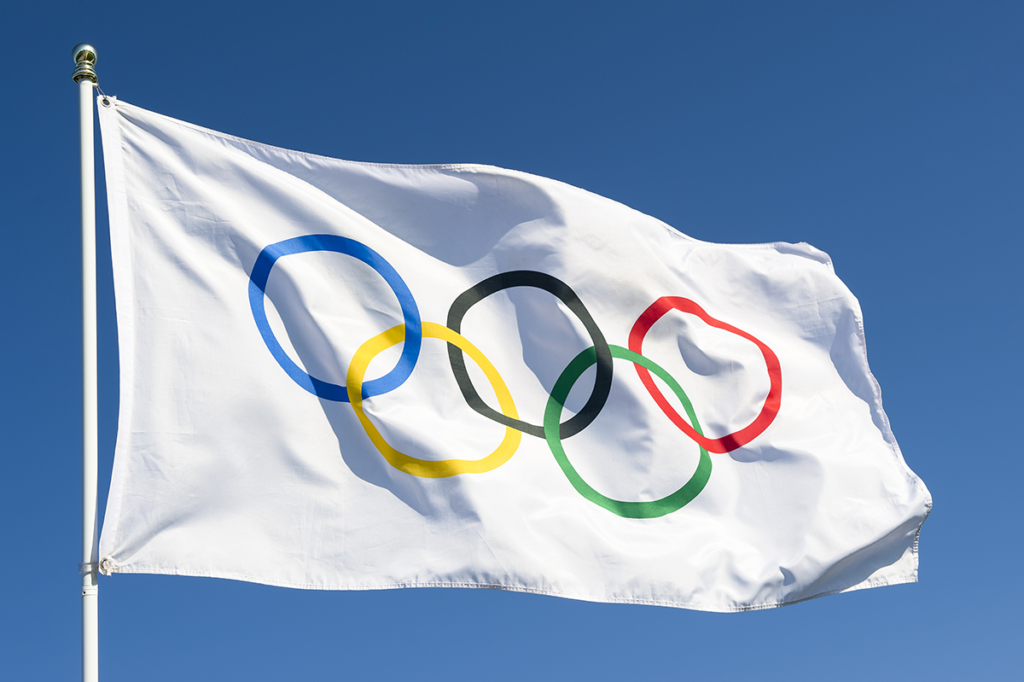
While approaching this topic, we must consider the distinction between sports, athletics, and physical activities. In terms of sports historicity, sports are competitive activities with specific rules and involve physical exertion and skill, athletics refer to a specific set of sports, and the term physical activities encompasses any form of physical exercise involving movement and promoting fitness and health.
Sports were an integral part of ancient Greek culture and society, with athletic competitions being held at religious festivals. Participation in sports was seen as a way to honor the gods and promote physical and moral excellence (kalos kagathos); winning an Olympic event was considered the highest achievement an athlete could attain. The most famous of these competitions was the Olympic Games, held every four years in Olympia. Athletes (those who struggled for the athlon, the Greek word for prize) competed in a variety of events, including running, jumping, throwing, boxing, and wrestling. The Olympic Games were eventually discontinued in the 4th century AD, but the legacy of ancient Greek sports has continued to influence modern sports culture to this day.
The modern Olympic games began in Athens, Greece, in 1896, inspired by the ancient Olympic Games held in Olympia from the 8th century BCE to the 4th century CE. The idea of reviving the ancient Olympic Games was first proposed by the French educator Baron Pierre de Coubertin, who believed international sports competitions could promote peace and understanding among nations.
Over time, the Olympic Games have grown in size and scope, with thousands of athletes from hundreds of nations competing in dozens of sports. The Games have become a symbol of international cooperation and unity, with athletes from different countries joining to compete and celebrate their shared love of the sport.
The Olympic Games have also faced challenges and controversies, including issues of political boycotts, doping scandals, and concerns about the environmental and social impacts of hosting the Games.
Sports are universal to humankind for a variety of reasons, including:
- Transcendence: In ancient Greece and in other ancient cultures, (i.e., the Scandinavian and Pre-Hispanic) these activities were performed in religious ceremonies.
- Physicality: Humans have an innate desire to move their bodies and engage in physical activity. Sports provide an outlet for this natural impulse, allowing individuals to challenge themselves physically and experience the rush of endorphins that come with exercise.
- Competition: Humans are naturally competitive, and sports provide a structured way for individuals to compete. Sports can be a way to test oneself, develop skills, and prove one’s worth.
- Socialization: Sports provide a means for individuals to come together and socialize. Whether it is playing on a team, attending a sporting event, or simply discussing sports with friends, sports provide a shared interest that can bring people together.
- Cultural significance: Sports are often deeply ingrained in a culture’s history and traditions. They can serve as a way to express national pride, promote cultural values, provide a sense of belonging, and even as a political tool.
- Entertainment: Sports can be exciting and entertaining to watch, providing a form of escape from daily life. They can also be a way to bond with others over a shared interest and create a sense of community.
Being such an important element within humankind, the Catholic Church’s perspective on sports has not been static; it has undergone a significant transformation. At the heart of this shift is the pivotal figure of Saint Paul, who utilized analogies from the world of sports to convey profound spiritual and moral principles. In his writings, Saint Paul emphasized the discipline, dedication, and perseverance displayed by athletes and drew parallels between these qualities and those essential for living a faithful, virtuous life and aspiring to holiness.
However, the Church’s engagement with sports was not always positive. Early Christian author Tertullian, writing in the 2nd and 3rd centuries, expressed skepticism about the athletic competitions of his time. He was concerned about the moral implications of these events, particularly their association with pagan rituals and idolatry. This apprehension reflected an era when the Church held a more cautious stance towards sports.
In more recent times, Pope Benedict XVI provided a contemporary perspective on the Catholic Church’s view of sports. He endorsed the idea that sports could be a positive force in society, fostering values like good health, character development, teamwork, and social cohesion. His perspective underscored the Church’s recognition that sports have the potential to contribute positively to individual well-being and societal unity in today’s world.
The world of sports is a rich tapestry interwoven with culture, and societal values. As it has evolved over the centuries, the Catholic Church’s perspective on sports has shifted from skepticism and caution to recognition of their potential for positive impact. The evolving perspective of the Catholic Church on sports reveals a transformation in its views over the centuries as its understanding of the human person has developed. These reflections aim to encourage introspection, prompting the readers to contemplate various facets of their own lives from a faith-based perspective.



